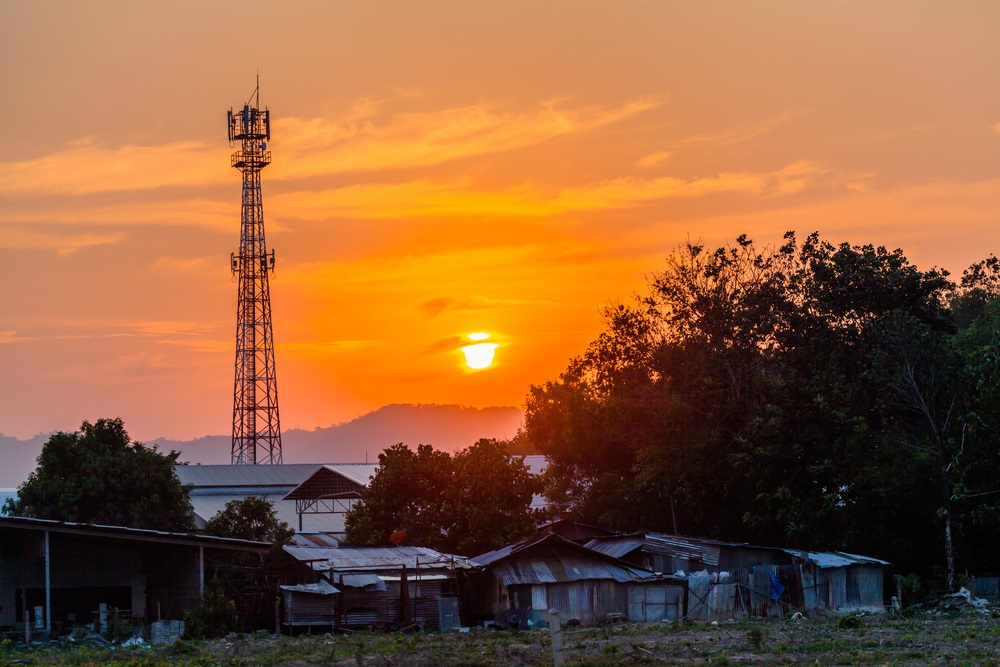Airtel Africa, Vodacom infrastructure sharing deal seeks to narrow digital divide
- Airtel Africa and Vodacom Group ink infrastructure sharing plan to speed up connectivity and digital inclusion across Mozambique, Tanzania and DRC.
- Vodacom Group says agreement aligns with its ambition to connect 260 million customers by 2030.
- The telcos’ cooperation is modelled to increase subscriber connectivity in a design that cuts investment costs.
Telco giants Airtel Africa and Vodacom Group have entered into a strategic partnership aimed at fostering infrastructure sharing systems across key markets as part of a broad plan to enhance access to connectivity for millions of underserved subscribers.
In an update to stakeholders, the two companies said the initiative targets Mozambique, Tanzania and the Democratic Republic of Congo (DRC) markets, subject to receiving approvals from industry regulators in these diverse countries.
Airtel Africa, Vodacom Group enter into infrastructure sharing deal
“Providing connectivity to empower people is at the core of our strategy. Our partnership with Airtel Africa is a proactive step forward in creating a sustainable, inclusive, and connected digital future for the continent,” explained Vodacom Group’s chief executive officer Shameel Joosub.
Joosub added, “Through infrastructure sharing, we can provide cost-effective services to more people, more rapidly, ensuring that no one is left behind in the digital age. As we fulfil our ambition to connect 260 million customers by 2030, the need for scalable and cost-efficient network solutions becomes increasingly significant.”
The companies’ infrastructure sharing agreement is tailored to accelerate transformation in the industry especially by turbocharging digital inclusion while speeding up access to connectivity, which ushers millions of customers to mobile money, internet services among other benefits.
Airtel Africa and Vodacom said the plan envisages the sharing of fibre network infrastructure, the precursor to rolling out a suite of digital services in the target economies.
Additionally, their cooperation is modelled to increase subscriber connectivity in a design that cuts investment costs on either operators, a strategy that is poised to see the telcos improve their speed to market and therefore growth.
By leveraging existing infrastructure, the collaboration aims to deliver improved connectivity, faster internet speeds, and more reliable services, the telcos stated.
“This partnership is aligned with our unwavering commitment to delighting our customers by always making our network available to them even in the remotest locations. Working with Vodacom, we will open greater access to digital and financial opportunities which will transform the lives of our customers while complying with all regulatory requirements,” notes Airtel Africa’s chief executive officer Sunil Taldar.
The partnership is billed to enhance customer experience while also speeding up the pace of the companies’ initiatives in offering digital services to a broader population.
Across Africa, millions of people live in underserved areas, cut off from mobile connectivity, modern digital services, and mobile money ecosystem, further widening digital divide in the continent.
Narrow Africa’s digital divide
“This partnership provides us with the opportunity to narrow the digital divide, empowering more individuals and communities through digitalisation across the continent. It is aligned with our purpose to connect for a better future,” Joosub noted.
According to Airtel Africa CEO noted that as competitors, it has become a business imperative for companies to work together “in the provision of critical infrastructure required to build resilient network with strong capacity to support the emerging digital technologies as well as the growing need for data-enabled products and services.
Accelerating the deployment of fibre connectivity is a key enabler in the acceleration of 4G and 5G technologies in Africa to deliver the high-speed, low-latency, and reliable connections needed for modern digital applications.
This partnership allows for further opportunities for both operators to enhance network performance, extend coverage, and increase mobile, fixed, and financial services leveraging a broader footprint on the continent.”
Read also: Tanzania sees 25% spike in mobile money transactions amid digital economy shift
Share this content:





Post Comment